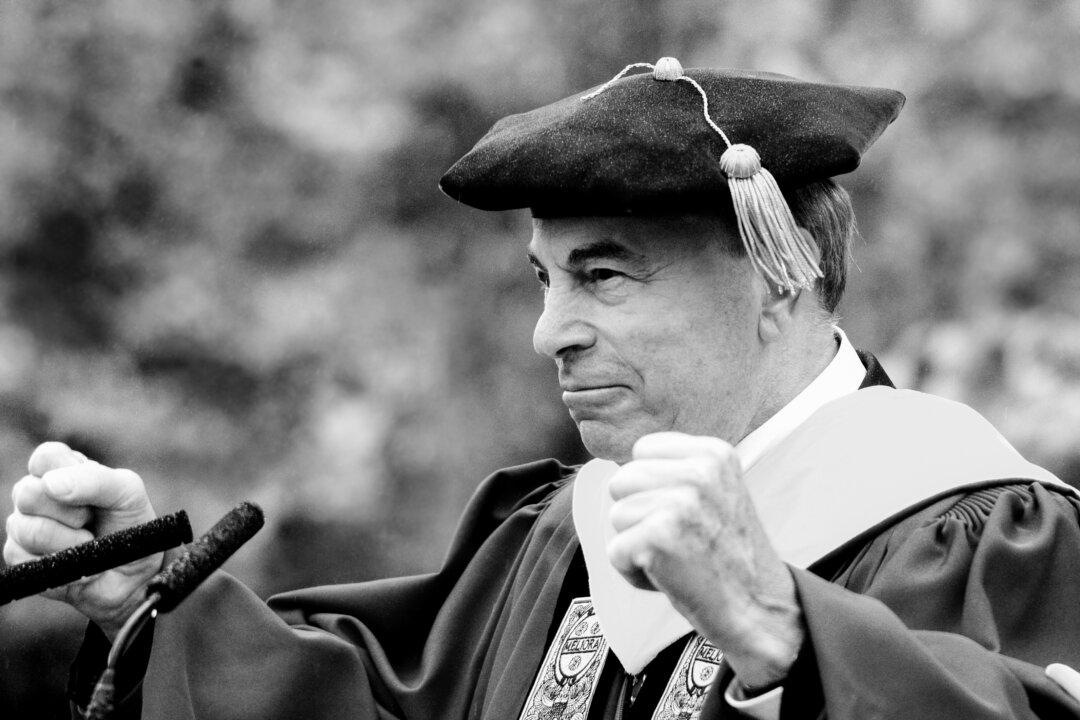It’s cap-and-gown season again, when graduates from America’s schools are awarded their diplomas and round out another stage of their lives. This rite of passage ranges in scope from homeschooled high school seniors receiving their recognition in a backyard ceremony celebrated by relatives and friends to a university stadium packed with thousands of proud parents, grandparents, and others eager to witness the latest achievement in the family saga.
Typically, these events bring a guest speaker to the stage whose purpose is to encourage graduates as they commence their next adventure. Some of these commencement speakers appear because of their accomplishments and prestige. Some are renowned for their power to move an audience with their enthusiasm, passion, and stories. Some are invited to the podium for their ability to touch the hearts and minds of the young.






